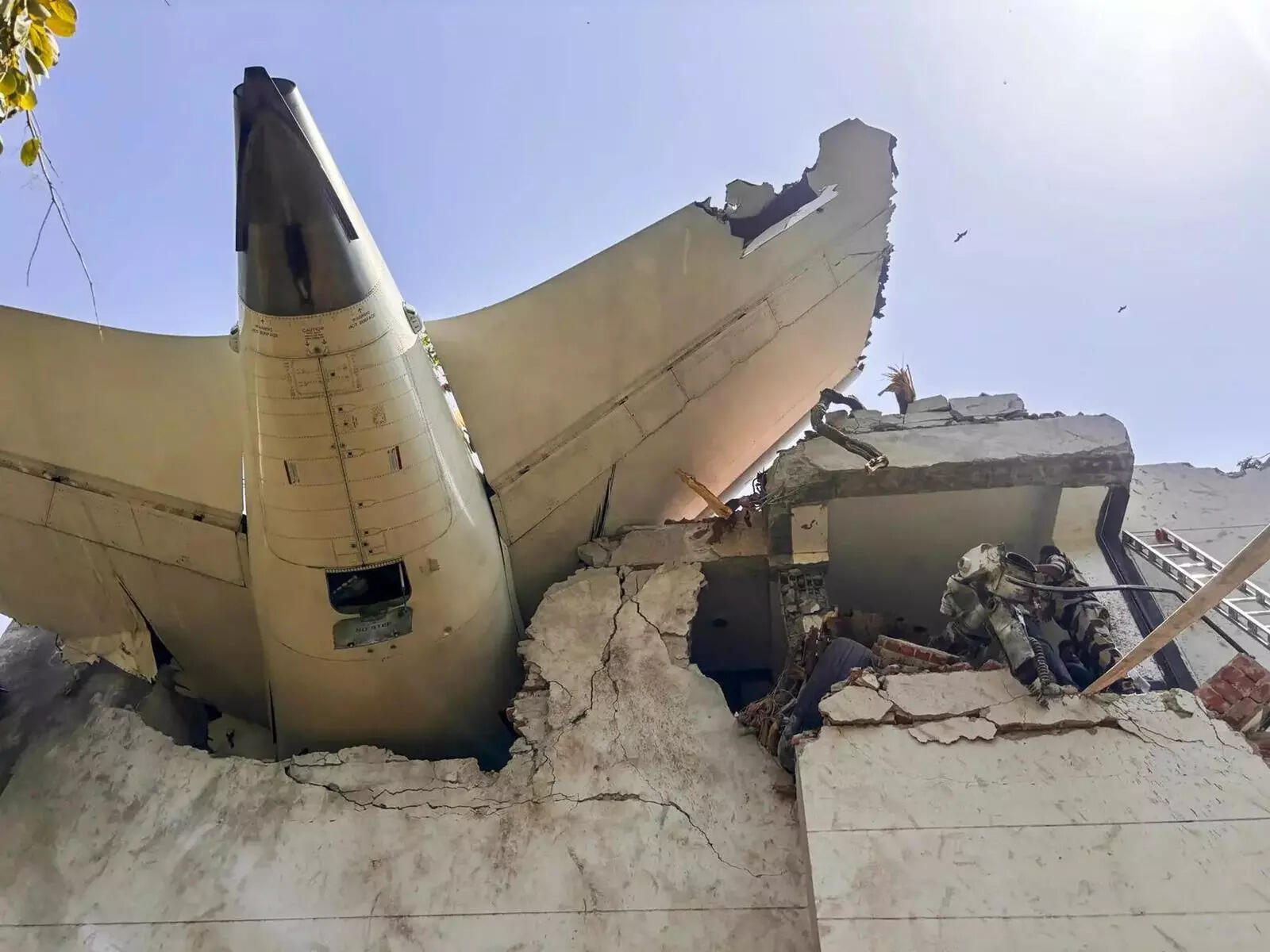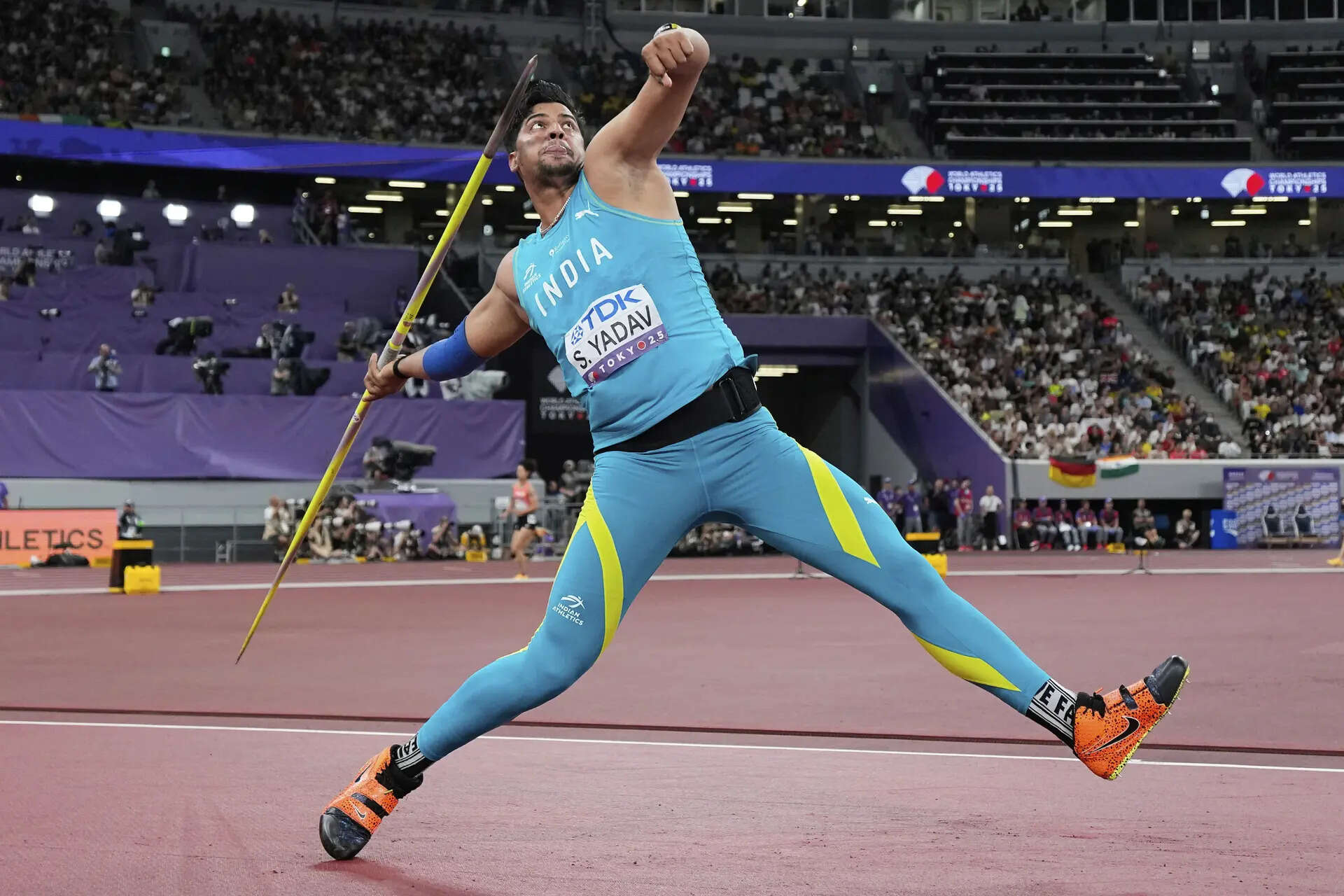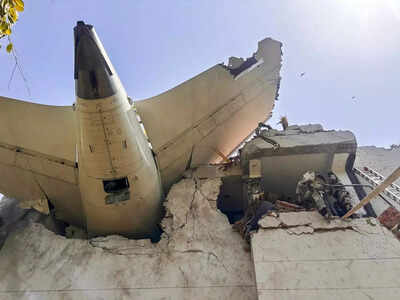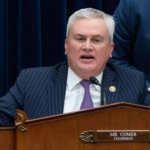A public interest litigation (PIL) demanding full disclosure of all flight data, cockpit voice transcripts and technical records of the Air India Boeing 787 Dreamliner accident has been filed before the Supreme Court by NGO Safety Matters Foundation. The petition also prayed for transparency and independent oversight in the investigation. The crash, involving aircraft VT-ANB operating from Ahmedabad to London Gatwick on June 12, resulted in the deaths of 229 passengers, 12 crew and 19 people on the ground. Only one passenger survived. The impact destroyed several residential and institutional buildings near the airport. The PIL sought the court’s intervention to compel the Union of India and the Aircraft Accident Investigation Bureau (AAIB) to release all factual data from the ill-fated flight AI171 and appoint neutral experts to monitor the probe. It alleged that the preliminary report issued by India’s Aircraft Accident Investigation Bureau (AAIB) is incomplete, selective and unfairly attributes the cause to “pilot error” while overlooking technical anomalies and systemic failures. “When citizens entrust their lives to air travel, they do so with the faith that the State will ensure transparency and accountability. A selective or compromised inquiry not only denies justice to the victims but exposes future passengers to the same risks,” the petition states. The Safety Matters Foundation, founded by Captain Amit Singh, a senior pilot with over 17,000 flying hours, has asked the apex court to direct authorities to release complete flight data recorder outputs, cockpit voice transcripts with timestamps, and all fault messages. It also requests the appointment of independent investigators, under the court’s supervision, to restore faith in the probe. “The stakes extend beyond the families of the victims to every citizen who relies on aviation as a mode of transport,” the petition said, arguing that Articles 14, 19(1)(a) and 21 of the Constitution—guaranteeing equality, information and life—have been violated. The Supreme Court is expected to take up the petition in the coming weeks. Its decision could have far-reaching implications not only for the victims’ families but also for the credibility of India’s aviation safety regime. Questions on technical faults The petition highlights multiple areas allegedly ignored by the official investigation. These include earlier warnings issued by the U.S. Federal Aviation Administration (FAA) in 2018 about possible disengagement of fuel control switch locking mechanisms, a defect reportedly present in the Air India aircraft. The report also overlooks logged electrical faults in the Bus Power Control Units, anomalies in stabiliser sensors, and the unexplained deployment of the Ram Air Turbine, a device that automatically activates during severe power loss. The petition further notes that flight data showed uncommanded transitions of both engine fuel switches and automatic restart attempts—suggesting the aircraft itself was attempting to restore thrust. “By dismissing these anomalies without analysis, the report prematurely shifts blame onto the crew,” the petition says. Conflict of interest A major concern raised in the PIL is that three of the five members of the investigating team belong to the Directorate General of Civil Aviation (DGCA), the very regulator responsible for certifying and monitoring Air India’s operations. “Permitting DGCA officials to dominate the investigation amounts to the regulator sitting in judgment over itself,” the plea argues. The petitioner points out that international standards under Annex 13 of the Chicago Convention mandate independence and impartiality in accident investigations. By contrast, India’s preliminary report, the petition says, falls short of transparency and credibility, eroding public confidence in aviation safety oversight. Suppression of key evidence The PIL also accuses the authorities of suppressing testimony from the sole survivor, a 40-year-old businessman from Leicester. He reportedly described seeing lights flicker inside the cabin before the plane “froze in the air” and crashed. His account, the petition claims, supports the theory of electrical malfunction and contradicts the narrative of deliberate pilot error. Additionally, one of the aircraft’s enhanced flight recorders was destroyed under unusual circumstances, raising concerns of possible data tampering. The petition cites the premature appearance of sensitive cockpit details in the media as further evidence of a compromised process.
Air India crash: PIL in SC seeks black box data, independent probe and transparency













